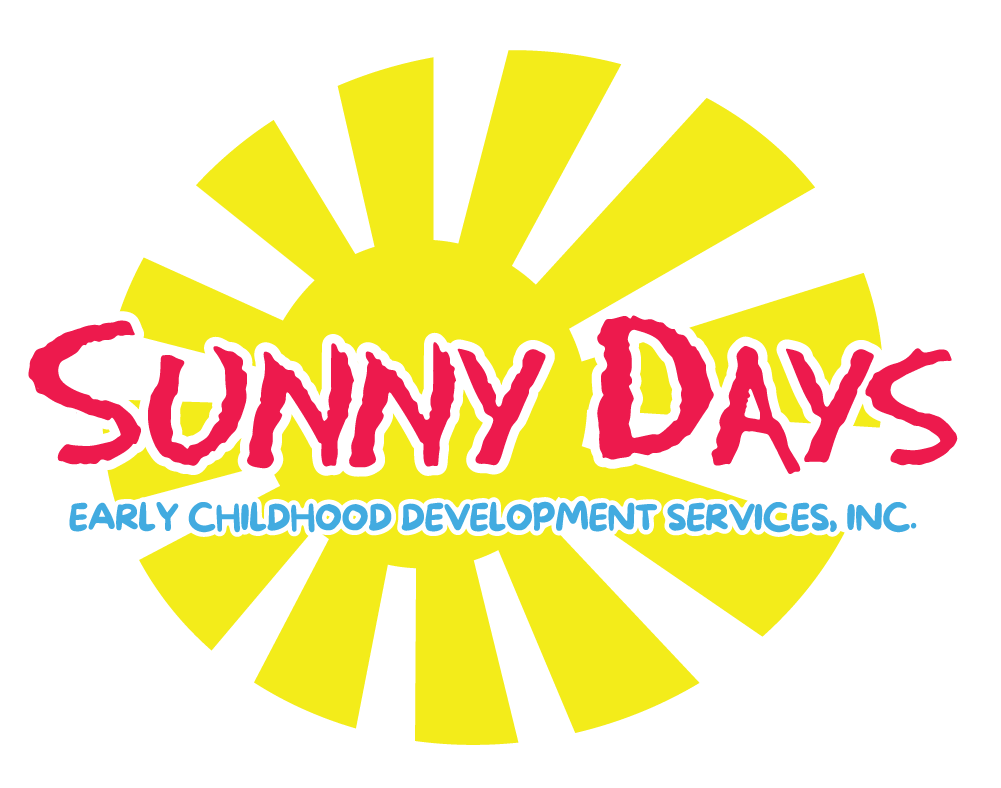- SERVICES
- SUNNY DAYS EARLY CHILDHOOD SERVICES
- OUR THERAPISTS
- SUNNY DAYS EARLY INTERVENTION SERVICES
- SUNNY DAYS BEHAVIORAL / OCCUPATIONAL / PHYSICAL / SPEECH THERAPY SERVICES
- SUNNY DAYS AUTISM SERVICES
- SUNNY DAYS EVALUATIONS & ASSESSMENTS
- SUNNY DAYS BEHAVIOR ASSESSMENTS
- INDEPENDENT INITIAL ELIGIBILITY EVALUATIONS
- FAMILY-CENTERED PLAY BASED EVALUATIONS
- EQUIPMENT & ASSISTIVE TECH REC'S
- HOW TO GET SERVICES
- STATE REQUIREMENTS FOR SERVICES
- VIRTUAL INTERVENTION
- SUNSHINE CENTER
- FAMILY RESOURCES
- TRAINING & WORKSHOPS
- JOIN OUR TEAM
- Blog
- Home
- About
- RESOURCES
- SERVICES
- SUNNY DAYS EARLY CHILDHOOD SERVICES
- OUR THERAPISTS
- SUNNY DAYS EARLY INTERVENTION SERVICES
- SUNNY DAYS BEHAVIORAL / OCCUPATIONAL / PHYSICAL / SPEECH THERAPY SERVICES
- SUNNY DAYS AUTISM SERVICES
- SUNNY DAYS EVALUATIONS & ASSESSMENTS
- SUNNY DAYS BEHAVIOR ASSESSMENTS
- INDEPENDENT INITIAL ELIGIBILITY EVALUATIONS
- FAMILY-CENTERED PLAY BASED EVALUATIONS
- EQUIPMENT & ASSISTIVE TECH RECS
- HOW TO GET SERVICES
- STATE REQUIREMENTS FOR SERVICES
- VIRTUAL INTERVENTION
- SUNSHINE CENTER
- FAMILY RESOURCES
- TRAINING & WORKSHOPS
- JOIN OUR TEAM
- Blog
- News
- Contact Us
Sunny Days Blog
What is Functional Play?

As they grow and learn, you’ll notice your children engaging in many types of play. Today we’ll discuss functional play, which is one of the most important forms of early play and learning, and an essential tool for learning to perform everyday tasks.
What is Functional Play?
Functional play, also known as relational play, occurs when a child uses toys or objects for their intended purpose. This type of play is important for young children, as it helps them learn how objects should be used together and how to perform simple tasks. Functional play also helps children develop language skills, critical thinking skills, and motor skills.
Functional Play Examples
There are innumerable ways that functional play can manifest. Examples of functional and relational play include:
-Filling a bucket with sand at the playground
-Rolling toy cars across the floor
-Waving a toy airplane through the air as though it is flying
-Pretending to feed a doll
-Putting blocks together (such as Legos)
Functional Play Milestones
As with most types of development, a child’s ability to engage in functional play will grow over time. Below are the typical milestones expected in a child’s functional play growth.
0-1 Years
This is a period of exploration for your baby, and most functional play will occur in the form of bonding with parents and other caregivers. It is likely that your child will play with a caregiver’s hair and face.
1-1.5 Years
After the one year mark, your baby should be able to play with a simple toy in its intended way and imitate basic daily functions. Your child will also learn to play simple games like peek-a-boo. Repetitive actions are enjoyable for babies over one year old.
1.5-2 Years
Around one-and-a-half years, children typically begin to make toys such as stuffed animals and dolls perform functions like playing together or eating. Your child will also begin to perform a series of functional play movements at once, such as sitting a doll in a chair and then “feeding” the doll.
2-3 Years
Between ages two and three, children typically complete play scenarios with toys and treat stuffed animals and dolls as though they are living things. Your child will also be able to begin riding a tricycle and playing more physical games with bouncy balls and other outdoor toys, as well as engaging in group play. It is also typical for children to begin engaging in symbolic play, which includes swapping functional objects for items that look relatively similar. Examples of symbolic play include using a box for a make-believe car or fort, or using a celery stalk to symbolize a rocket ship.
3-4 Years
Group play and activities are very important to children between ages three and four. Play time is highly social at this age. Parallel play is included alongside functional play for preschool-age children.
Teaching Functional Play Skills to Children with Autism
Functional play helps children with autism learn to communicate and to socialize. It is important to remember that forcing actions is not play! Play is intrinsically a joyful and voluntary activity. To ease your child toward functional play, introduce cause and effect toys into playtime. Cause and effect toys are single-action toys with a clear result to an action. This is also known as one-step functional play. Pushing a button to see a toy light up is an example of one-step functional play.
Once your child is comfortable with cause and effect toys, you can introduce more advanced self-directed functional toys like dolls and cars. Keep in mind that children with autism are prone to repetitive play and might have trouble modifying their play routines. You can aid growth in playtime and development by playing with your child, imitating and narrating play actions, and demonstrating new play actions.
If you have questions regarding functional play and your child's development, don't hesitate to contact us.
Photo by Click and Boo on Unsplash
Sunny Days
Sunny Days is one of the nation's leading early intervention and autism services providers, serving children with developmental needs in New York, Oklahoma, California, New Jersey, Pennsylvania ,and Delaware. Founded in 1994, it currently has over 2,000 active practitioners. In the past two years, Sunny Days has provided well in excess of 1,000,000 individual sessions. Sunny Days was founded by two healthcare professionals — Joyce Salzberg, LCSW and Donna Maher, RN — whose passion for quality healthcare is core to its mission.

